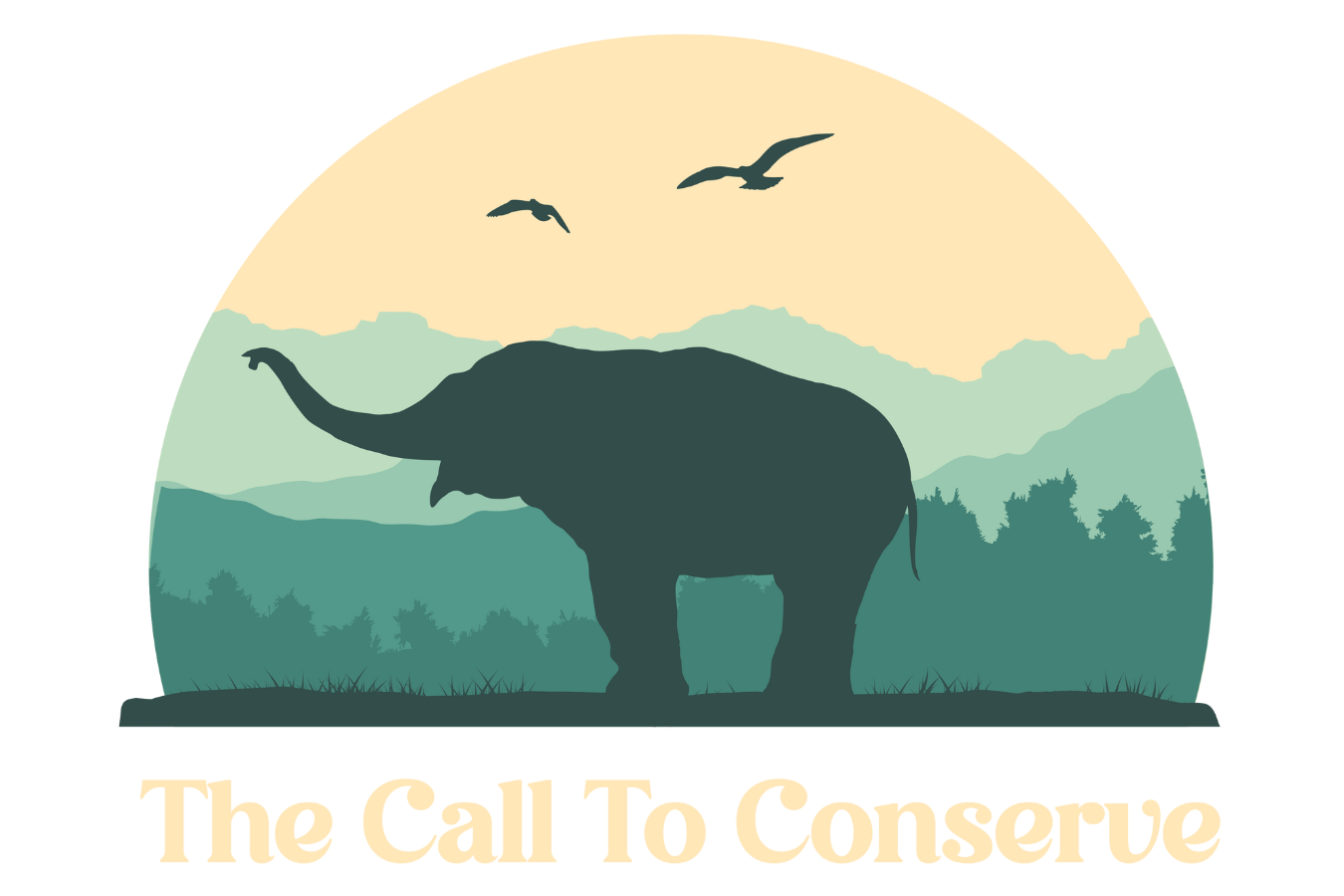Fighting for Elephants in Tourism
Source: Animals Asia
I’ve talked a bit about the research I did in Thailand last year looking at complex post traumatic stress disorder in captive elephants (on this post), but knowing the trauma elephants endure isn’t always enough. So I wanted to also write a post about how you as a tourist can create change!
Obviously the ideal for a traveler is to go to an ethical sanctuary that is taking great care of their rescued elephants, like Boon Lott’s Elephant Sanctuary; however, for tourists who aren’t as familiar with wildlife encounters, it can sometimes be hard to find the right venue. Unfortunately, so many facilities that are actually camps where elephants are giving rides and performing are often falsely marketed as “sanctuaries”. They know the buzzwords that travelers look for, so many even have “no riding” on their pamphlets.
But then what happens when you arrive at this “sanctuary”? Likely, you’ll see people riding elephants and you too will be offered a ride. I understand how frustrating this scenario can be for a tourist who’s trying to do better and wants to support a real sanctuary that is doing right by their elephants. However, rather than getting down on yourself, I would encourage you to instead see this as an opportunity that not everybody gets! You’re in a unique position to make real and lasting change, let me walk you through how.
Assessing the Facility
The first thing is to use your better judgement to determine if what’s happening at the facility you’re visiting is acceptable. Start by evaluating:
how much space the elephants have
if they have access to food and water
if they’re allowed to socialize
if they’re chained or tethered in place
if they have a saddle on their backs
You will then quickly be able to understand if this facility is looking out for their elephants’ welfare or simply working to please tourists.
Another great way to quickly understand if the elephant care is prioritized is simply by asking questions! It sounds so simple, and yet most people do not ask the important questions when they are viewing captive wildlife. From the second you walk into an environment with captive wildlife, those running the facility should be able to provide you with clear answers and be completely upfront about their practices.
Using Your Autonomy to Fight For Theirs
After you get a feel for what you’re dealing with, you can properly ask for something different. So often we forget that we are the ones in control because we create demand! Rather than becoming content with the way things are, there’s a way to make change and demand better out of the systems that aren’t working.
When it comes to captive elephant facilities where elephants are performing, giving rides, or clearly being exploited, rather than feeling guilty and just going along with what they’re offering you, tell them what you want. When it comes down to it, the people who run these camps are solely looking for income. If you pay them to take the saddle off their elephant and let her eat, drink, and rest freely, imagine the impact that makes. That plants the seed in the camp owners mind that they can still make money with a more ethical model, and it gives that one elephant an hour out of her day where she has relief.
And I get it, maybe you feel uncomfortable approaching the situation this way, or maybe you feel like it just won’t make a difference. However, having done this exact thing, I can tell you it’s effective and perfectly acceptible! I did this when I was in Pai, Thailand, and all of the camp owners were so friendly and happy to chat with me. They all offered for me to ride their elephant and I said no thank you, but I’d love to watch her eat and just walk around. All of them were happy to humor me and hear why I preferred seeing this over taking a ride!
Small Actions Can Create Major Changes
My challenge for you (whenever you get back to traveling) is to try this. It doesn’t need to specifically be with elephants, it can be with any species! Just imagine the changes we could see in animal welfare if tourists stood up for the things they value and used their voices to speak for the animals who cannot.
And on that note, I wanted to let all of you know that this coming Thursday, November 12th 2020, I will be participating in a live q&a along with my former master’s advisor Chris Whittier, and actress/director Ashley Bell. Those who sign up (for free) to participate will have the opportunity to watch Ashley’s film, Love and Bananas, which documents the rescue of an elephant in Thailand. After you watch the film you’ll have the chance to ask Ashley and me any questions you may have. I will also be discussing the research I did last year on complex post traumatic stress disorder in captive elephants.
If you’re curious to learn more about how elephants deal with trauma, the film, or elephant conservation in general, register through the link below! I really hope to see you all there.


